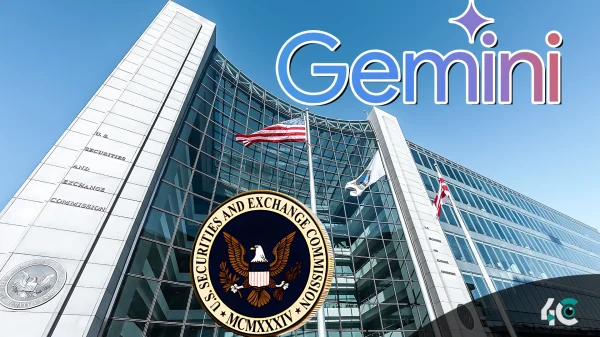The SEC filed a lawsuit against Coinbase, a cryptocurrency exchange, in a New York federal court on Tuesday morning, stating that Coinbase was functioning as an unregistered broker and exchange and asking that Coinbase be “permanently restrained and enjoined” from doing so.
Binance is the biggest cryptocurrency exchange in the world, so it’s no surprise that the U.S. Securities and Exchange Commission (SEC) targeted it on Monday. The SEC claims that Binance and its CEO, Changpeng Zhao, are running a “web of deception.” If the cases succeed in establishing the SEC’s authority over the sector, it may have a profound effect on the cryptocurrency market, which has claimed for years that tokens do not constitute securities and hence should not be regulated by the SEC.
The SEC has filed a lawsuit in federal court in Manhattan alleging that Coinbase has avoided disclosure rules designed to safeguard investors while earning billions of dollars as a middleman on cryptocurrency transactions since at least 2019.
The solution is legislation that allows fair rules for the road to be developed transparently and applied equally, not litigation. In the meantime, we’ll continue to operate our business as usual.
Paul Grewal, Coinbase’s chief legal officer
Authorities have promised stricter enforcement of current regulations, with the argument that many crypto assets operate similarly to traditional investments that are subject to regulation. After the stunning failure of another large exchange, FTX, last year, many clients were left unable to access their assets. This has prompted further efforts to investigate.
Ten state securities authorities, including those in Alabama, California, Illinois, and New Jersey, filed lawsuits against Coinbase on Tuesday, attempting to prevent the firm from selling unregistered securities to investors in those jurisdictions. Coinbase was told by state authorities that it needed to get licensed before it could sell financial services there.
Coinbase has elevated its interest in increasing its profits over investors’ interests, and over compliance with the law and the regulatory framework that governs the securities markets and was created to protect investors and the U.S. capital markets.
The filing said












































